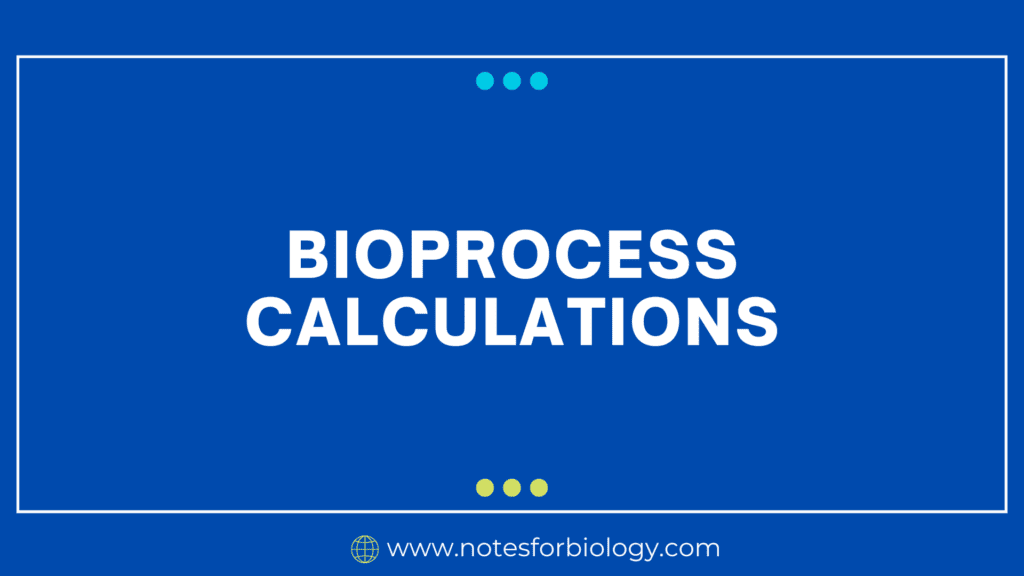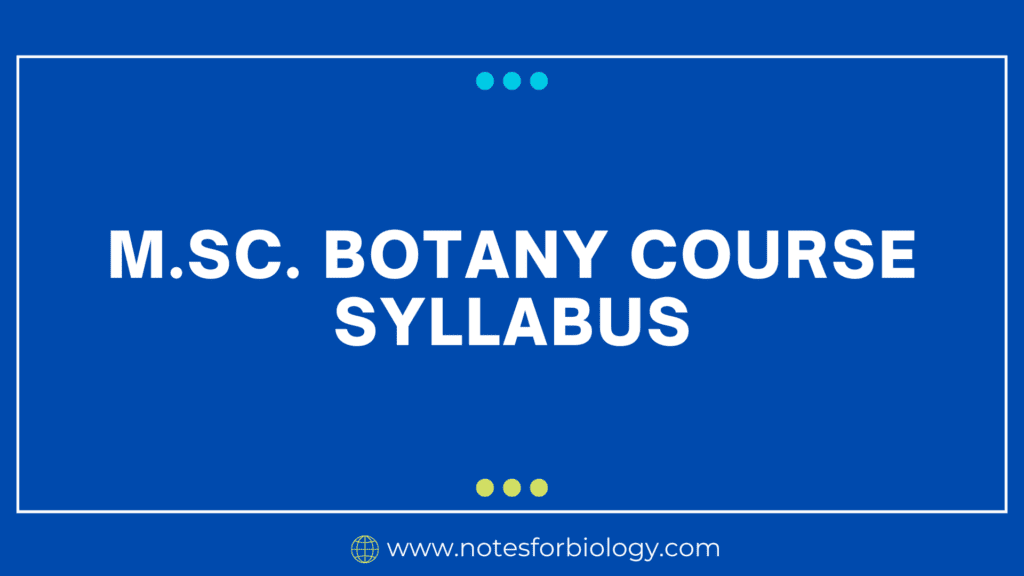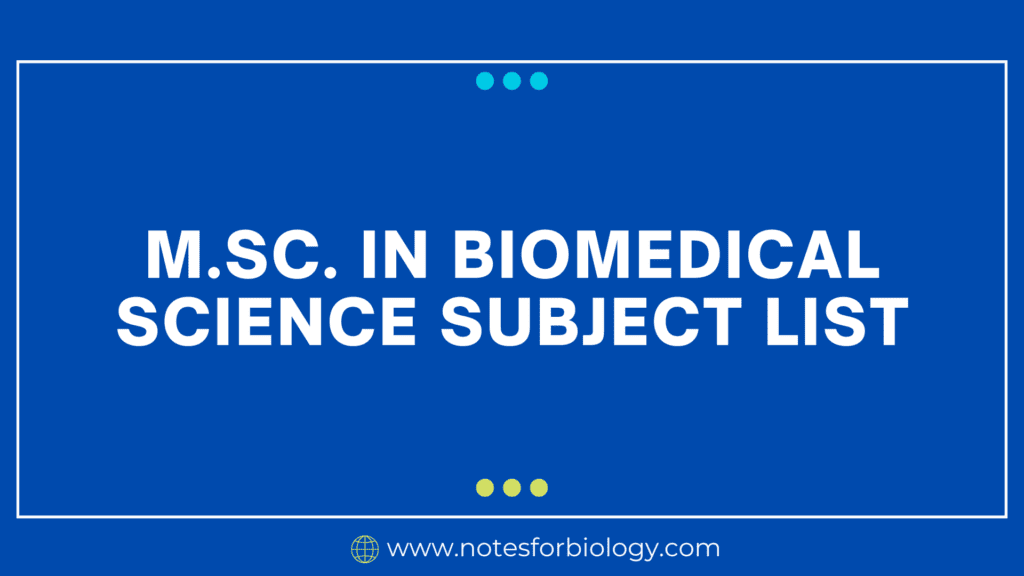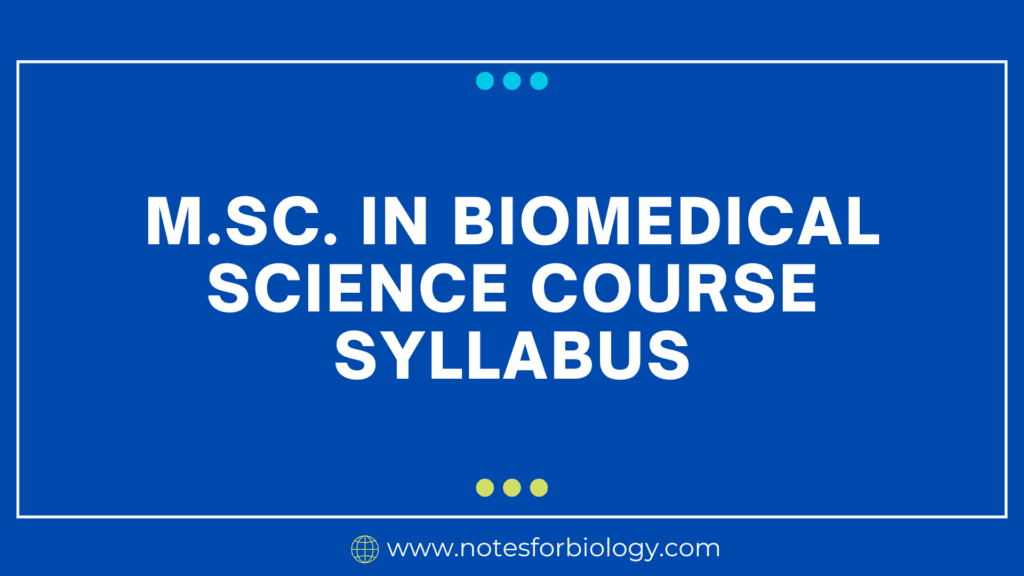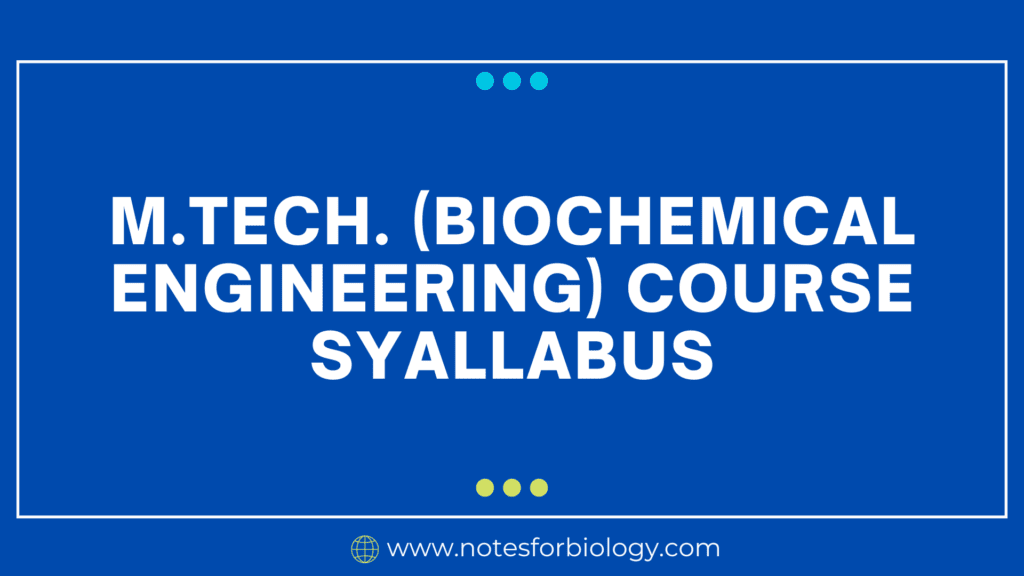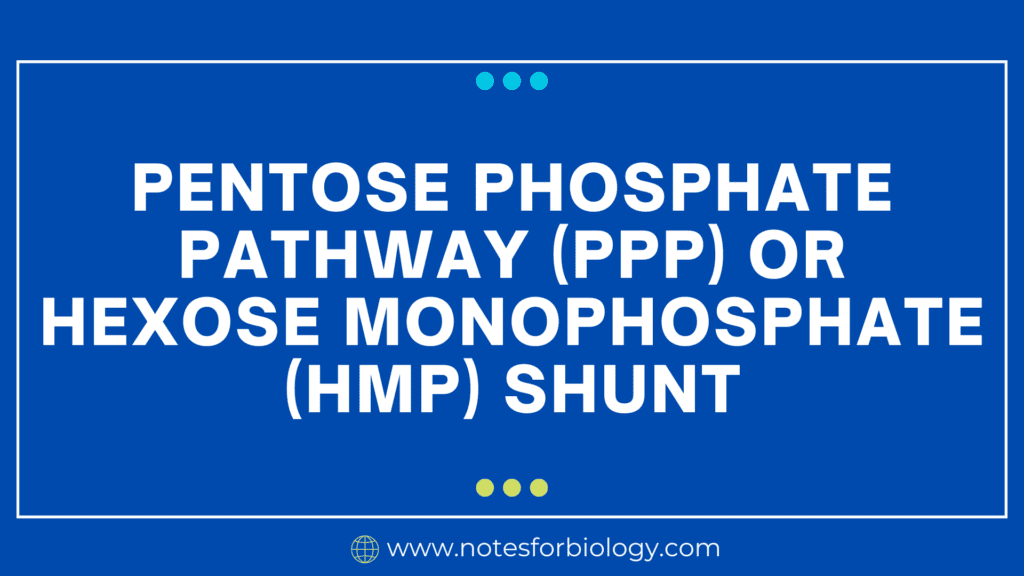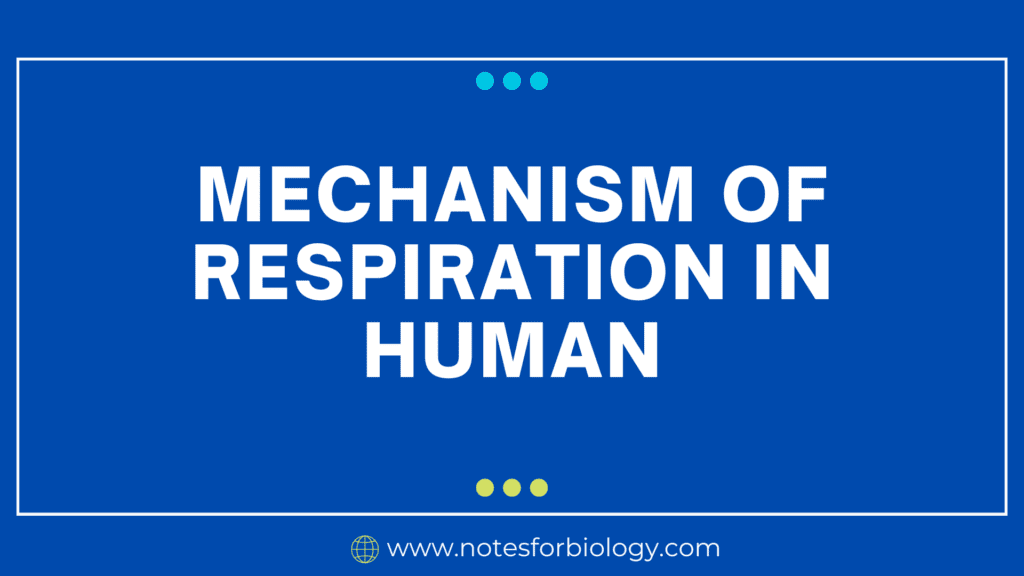Bioprocess Calculations
Basic Concept of Bioprocess Calculations Bioprocess calculations are mathematical techniques that help optimize and manage biological processes. Bioprocess calculations are the quantitative analysis and manipulation of numerous physical and biological factors in bioprocessing. These calculations are critical for optimizing processes like fermentation, cell culture, and product recovery, ensuring that biological products are produced efficiently and […]

